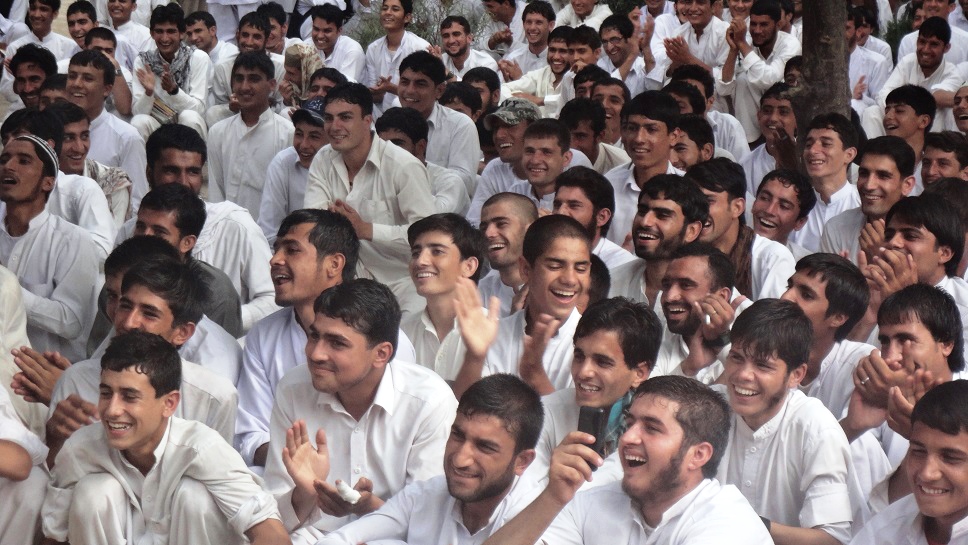Afghanistan’s presidential election in April 2014 is critical to the country’s future stability. This political transition, after all, will usher in the first post-Karzai government since the fall of the Taliban in 2001. If that wasn’t challenging enough, Afghans also must navigate the economic transition of an expected sharp drop in foreign aid, as well as the security transition of the withdrawal of most foreign troops. Given the magnitude of these changes, the Afghan population must trust that the next political leadership is credible and legitimately-elected. As such, holding a valid election is a first step in this process.

Reflecting USIP’s commitment to promoting public understanding of peaceful alternatives to violent conflict, the Afghanistan Priority Grant Competition supports nonprofit organizations that employ cost-effective approaches to improving local capacities for dialogue and peacebuilding. As part of its new Peaceful Elections Campaign, which aims to reduce electoral violence, USIP awarded the New York-based Bond Street Theatre a grant to convene a series of educational theater performances across Afghanistan that illuminate common election issues and encourage youth to participate in preventing electoral fraud.
|
|
Kandahar Theatre group performs for male youth in Nangarhar Province. |
Performances by local Afghan theater companies are currently taking place in Bamyan, Kandahar, Nangarhar, and Kunduz. Some 35,000 people, including more than 10,000 women, have already watched these instructive shows. Each performance includes interactive post-performance activities in which audience members devise solutions to common election-related problems.
"I really didn't know that my vote is important. I thought that because I am a woman, my vote does not have value. But now [I learned] that the votes of men and women are equal and there is no difference between our votes. So these things encourage me to vote and motivate other women to vote for the right person,” said one audience member, whose name cannot be revealed due to security concerns.
Bond Street is also conducting workshops for youth that promote leadership abilities and teach the skills necessary to recognize and prevent election fraud. Students carry out a mock election which allows them to recognize critical aspects of voter fraud prevention. The nearly 40 workshops completed thus far have been so popular that school teachers have expanded the mock election exercises to their other classes.
Bond Street is working in partnership with Afghan election officials, including the Independent Election Commission (IEC) that is responsible for administering and supervising the elections. Bond Street is training the youth and theater groups to act as an intermediary with election monitoring bodies as they work to diminish election fraud and encourage participation. As such, USIP and Bond Street are preparing youth to become community leaders and help build the foundation for free and fair elections as a vital component of a peaceful Afghanistan.
Learn more about the Bond Street Theatre.




